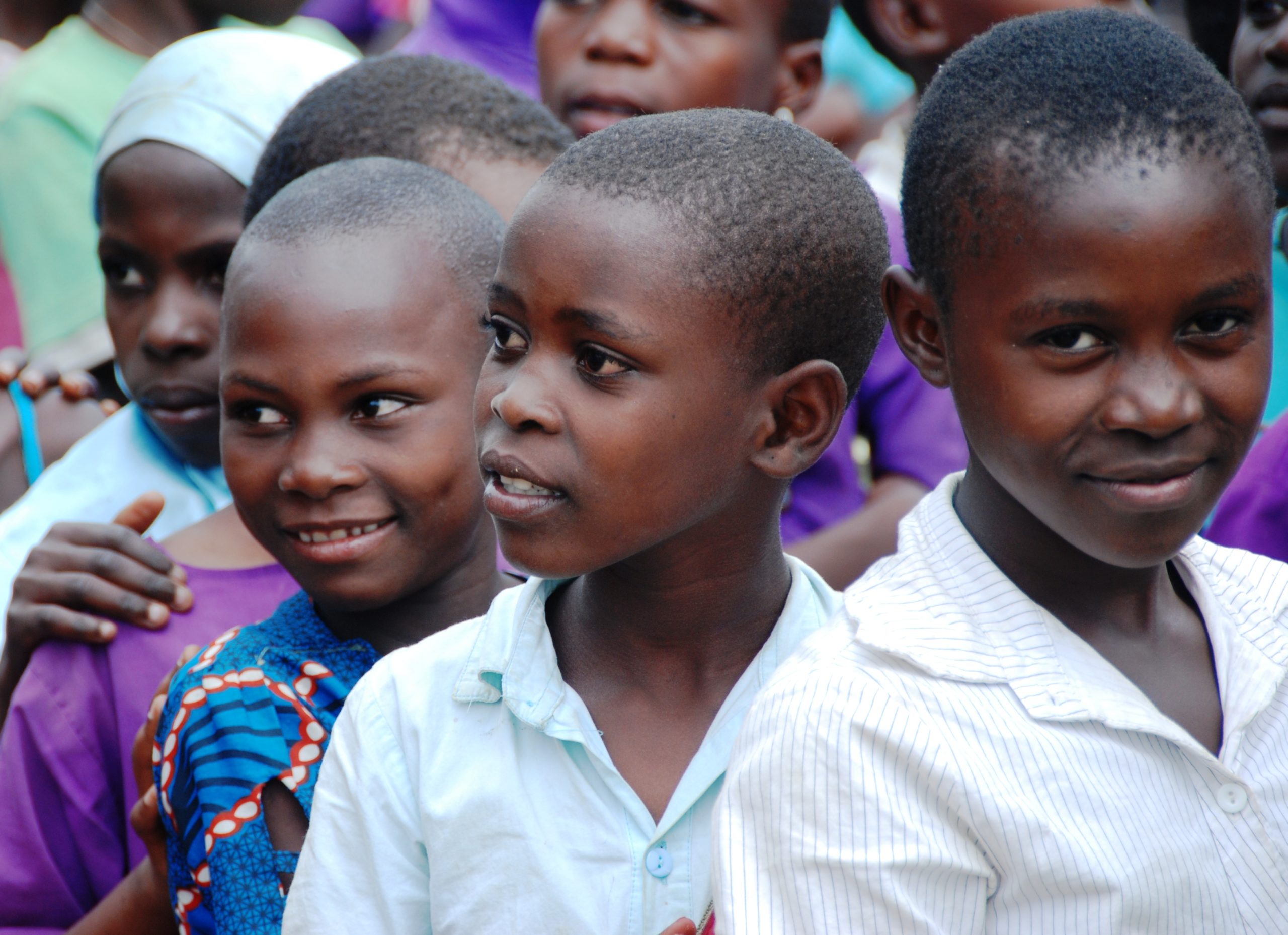Frequently Asked Questions
Why did you choose to work in these six countries?
We work in these six countries because of the following considerations:
- A high prevalence of child labour.
- Presence of sectors that are relevant to the Dutch, EU and and international debate on Children’s Rights and Businesses.
- At least two of the Alliance partners have a long term presence.
- The potential for scaling up existing initiatives.
Why did you choose these five sectors?
The sectors (gold/mining; garment, textiles and footwear; natural stone; cocoa; domestic, agricultural and/or informal work) were selected based on a high incidence of child labour and importance in the (economic) context of the focus countries. Moreover, these sectors are relevant in the context of the negotiations and implementation of Dutch sector agreements and in international debates about sector-wide approaches and responsible businesses/sustainable
production. Bringing efforts of different partners and stakeholders at all levels together and linking to other initiatives, will enable our programme to increase impact and yield multiplier effects.
I am a business and I want to know more about combating child labour in my supply chain. What can I do?
We believe that companies have a duty to apply responsible business conduct and respect for children’s rights in their supply chain by improving their due diligence process. This requires companies to focus on labour rights, based on international standards such as the ILO treaties, UN Guiding Principles on Business and Human Rights, OECD guidelines and the Children’s Rights and Business Principles. We recognise that this requires sustainable business action and related interventions not only inside the workplace, but also in communities and throughout global supply chains.
As a government I want to know more about policies and regulations to protect children. Where can I find more information?
We seek cooperation with governments who, in our belief, have an obligation to protect child rights and are key in revising relevant policies and legislation regarding child labour, CSR, education, youth economic empowerment and social security. A focus on strengthening the system is crucial for long-term impact. Enabling collaboration and linkages between communities and governments is of great importance.

